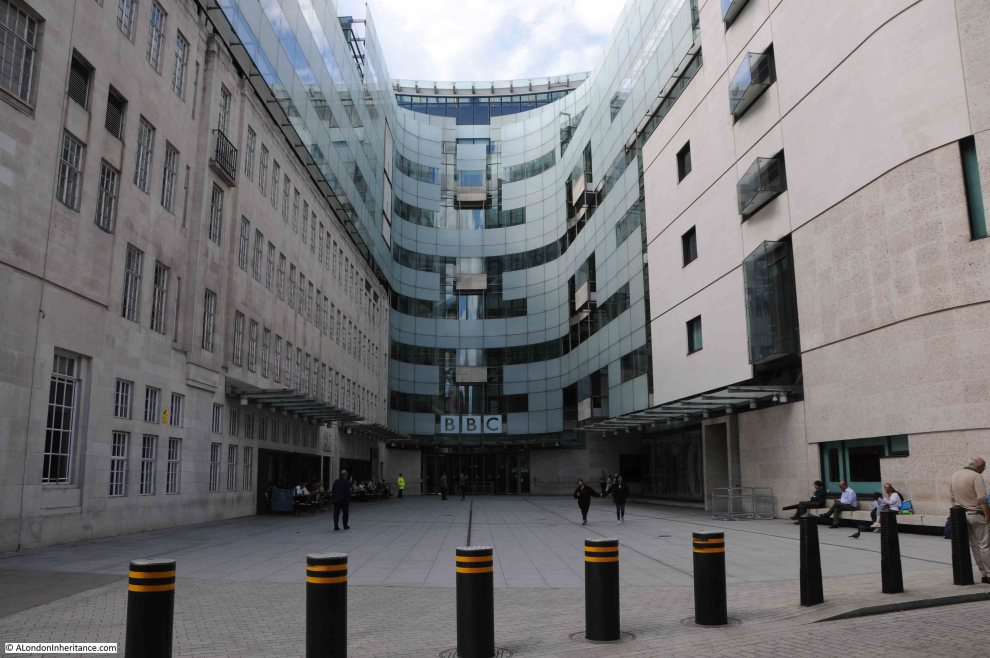A newly published report into workplace culture at the BBC has revealed that while the broadcaster is not plagued by a toxic environment, a small minority of powerful individuals continue to behave unacceptably, with senior management at times failing to act.
The review, which gathered testimonies from 2,500 BBC employees and freelancers, concluded that the overall culture within the corporation has improved in recent years. However, it warned that “a minority of people behave unacceptably and their behaviour is not addressed,” creating ripples that damage both internal morale and the BBC’s external reputation.
The report found that these individuals, spread across various departments and roles both on and off-screen, often occupy positions where power can be misused. Although the numbers involved are small, their influence is disproportionately harmful.
“There are examples of well-known names not being held to account for poor behaviour,” the report stated. It went on to highlight perceptions of certain figures as “untouchables,” with allegations that senior management at times turned a blind eye when productions were successful or drew large audiences.
Most BBC presenters were described as “good to work with and respectful”, yet the report noted that in some cases, multiple employees separately named the same high-profile individuals in their complaints.
While the report did not publish any names, its findings reignite concerns over how the BBC manages workplace conduct, particularly when influential figures are involved.
Director-General Tim Davie welcomed the review’s “clear, practical recommendations” and pledged swift action. “The report makes several recommendations that prioritise action over procedural change, and that is exactly right. It also addresses some deep-seated issues, for example, the need to make sure everyone can feel confident and not cowed about speaking up,” he said.
As part of its response, the BBC has announced a range of reforms aimed at strengthening internal policies and encouraging greater accountability. These measures include:
- A more robust disciplinary policy
- A strengthened code of conduct
- Improved mechanisms allowing staff to raise concerns without fear of reprisals
- A “Call it Out” campaign to promote positive behaviour
- A dedicated hotline for complaints
- Updated contracts for new staff, setting out clear behavioural expectations
The latest review was commissioned following revelations concerning Huw Edwards, the corporation’s former senior news presenter, who faced allegations involving child abuse images. Separate claims also emerged, accusing Edwards of sending flirtatious and “pushy” messages to colleagues, with one employee describing him as being “treated like this God of news” who was “allowed to feel like he could get away with anything”.
The findings also follow a series of controversies over the past year involving BBC talent. In January, the broadcaster apologised after it was revealed that concerns about Russell Brand’s behaviour had been left unaddressed because he was viewed as “too influential”. Staff admitted they stayed silent out of fear that Brand “would always get his way”.
In February, the BBC Board issued an apology for “missed opportunities” to tackle “bullying and misogynistic behaviour” by former Radio 1 DJ Tim Westwood.
Meanwhile, former footballer Jermaine Jenas, who had presented The One Show and appeared on Match of the Day, was dismissed last summer following complaints about his workplace conduct. Gregg Wallace also stepped down as co-host of MasterChef after allegations of inappropriate sexual comments by colleagues, although he has insisted that “not all” the claims are accurate.
The report also noted that two professional dancers from Strictly Come Dancing, including Giovanni Pernice, did not return for the latest series after complaints were upheld against them. However, Pernice was cleared of the most serious allegations.
This is not the first time the BBC has faced scrutiny over its internal culture. A review carried out 12 years ago in the wake of the Jimmy Savile scandal highlighted a “strong undercurrent of fear” within the organisation, with some senior managers accused of allowing poor behaviour to continue unchallenged due to the perceived value of the individuals involved.
The BBC now faces the challenge of not just implementing change, but ensuring that the cultural shift is deeply embedded across every level of the organisation.















